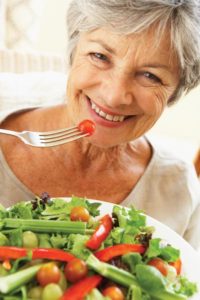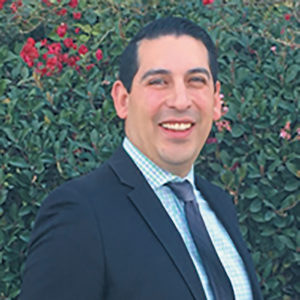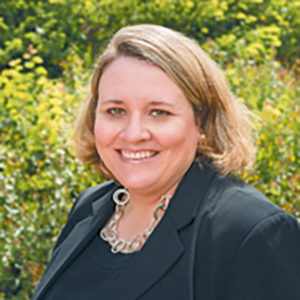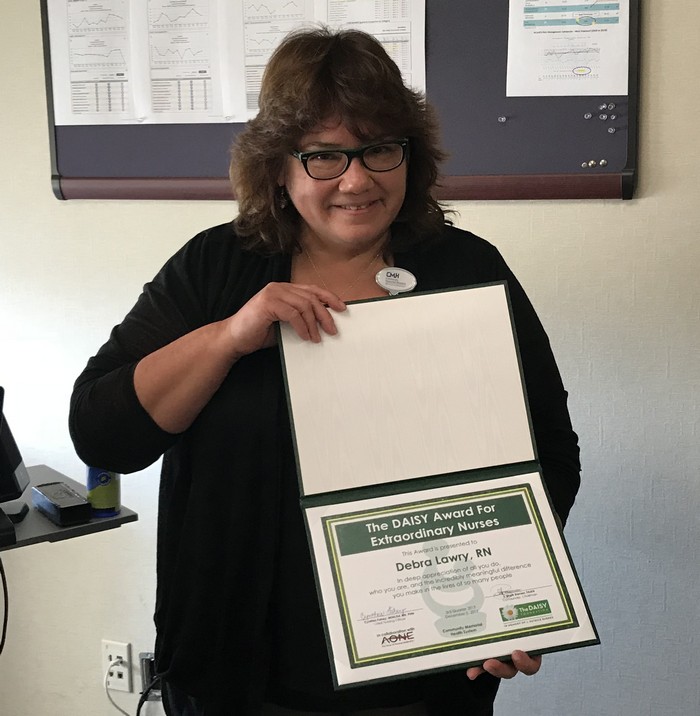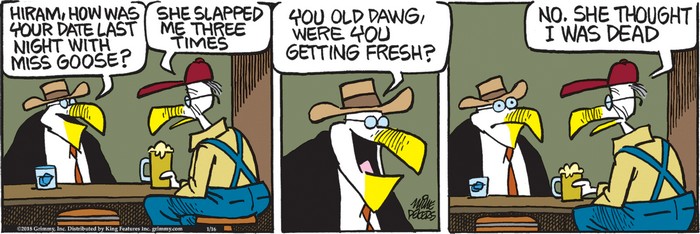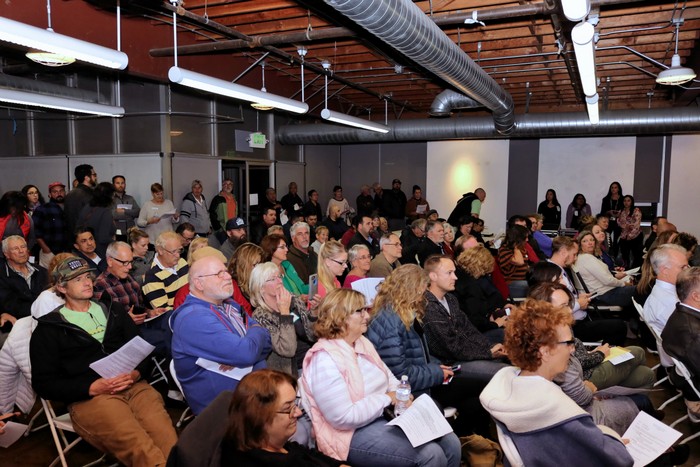Opinion:
I loved the last Breeze. I kept one for myself and sent one to my mom in Thailand so she could read about the Thomas Fire and all the related community stories! Great job!
Siree Franks, Director
Ventura Music Together
In a previous Mailbox we had a letter that stated in part “In 1999 Councilman Monahan asked Msgr. Patrick O’Brien, pastor of the Old Mission, to be the Grand Marshal for the 1999 St. Patrick’s Day Parade.” Jim has assured us that he did not ask Msgr. O’Brien this.
Breeze:
I want to thank you again so very much for another year of “supporting the support group” – Thanks to the Ventura Breeze, The Venture Parkinson’s Disease Support Group has been able to help many folks in 2017 who would not have found us otherwise. I just got a call this week from a home-health care provider looking for a group for her client who has PD; that is how she found us, in one of your articles!
Yours very truly,
Patty Jenkins Volunteer Coordinator Ventura Parkinson’s Disease Support Group
Ooooopsy
Editor :
I was just reading your newspaper and on the front page you have a story about the Winter Warming Shelter and the department providing TB clearance is from Public Health a Division of The Ventura County Health Care Agency and the article says “Environmental Health Dept.”
Johnny Gomez
Sheldon:
Just a quick “thank you” to you and your staff for producing an issue that shows once again why the Breeze is our local “national treasure”.
Heartwarming (and heart-tugging) stories of the fire, plus the always excellent community resources and articles put the Breeze in a class by itself and made this a very special issue.
Thank you,
Kurt Triffet, Triffet Design Group
How I hate those who are dedicated to producing conformity.
~ William S. Burroughs

